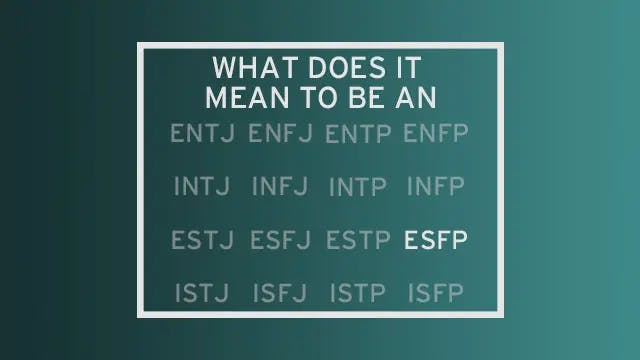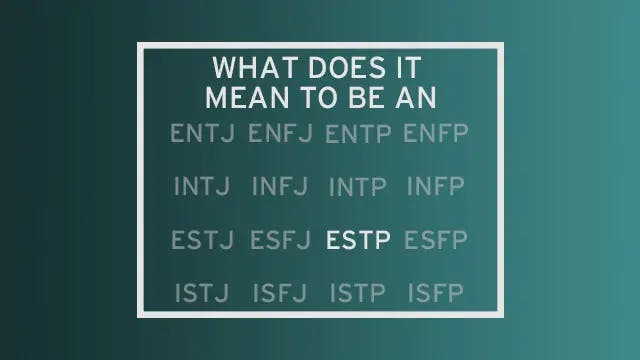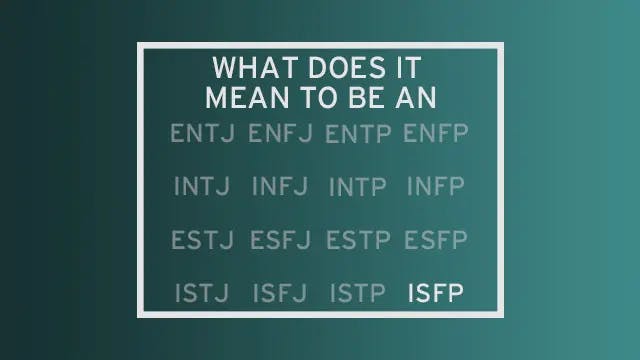
Judging is a fundamental aspect of MBTI personality types, shaping how people make decisions and interact with the world around them. People with a Judging preference tend to be structured, organized, and goal-oriented, prioritizing planning and control. However, they may struggle with flexibility and adaptability. The teachings and life of Jesus offer valuable insights and guidance for people with a Judging preference, emphasizing balance, compassion, and surrender to a higher power.
Understanding Judging in MBTI
Judging is the opposite of perceiving in MBTI, and it refers to the ability to make decisions and take action based on a structured and organized plan. People who score high in judging tend to be goal-oriented, decisive, and highly organized.
The Two Types of Judging in MBTI
MBTI distinguishes between two different types of judging: extraverted judging (Je) and introverted judging (Ji). Extraverted judging is characterized by a desire to control and direct the external world, often through a structured and organized approach. People who score high in extraverted judging tend to be focused, efficient, and highly organized.
Introverted judging, on the other hand, is characterized by a preference for structure and order within the inner world of the person. People who score high in introverted judging tend to be introspective, reflective, and highly organized within their own thoughts and ideas.
How Judging Impacts MBTI Personality Types
Judging plays a significant role in shaping the behavior, attitudes, and preferences of MBTI personality types. People who score high in judging tend to be highly structured and organized in their approach to life, prioritizing goal-setting and achievement. They may be drawn towards careers and activities that require planning and decision-making skills.
Judging types may struggle with flexibility and may prioritize structure and routine over spontaneity and exploration. They tend to prefer a clear and defined path forward and may struggle in ambiguous or uncertain situations.
Developing Judging in MBTI Personality Types
While judging is a core aspect of MBTI personality types, it is also a skill that can be developed and strengthened over time. Some ways to enhance judging include:
- Setting and working towards clear goals and objectives
- Developing and implementing a structured plan for achieving desired outcomes
- Engaging in activities that require planning and decision-making skills, such as project management
- Practicing flexibility and adaptability in uncertain situations
How Judging People Can Relate to Jesus
For people who score high in judging, the teachings and life of Jesus offer valuable insights and guidance. Jesus' teachings on discipline and self-control align with the structured and organized approach that judging types prioritize in their decision-making and goal-setting. Jesus also modeled the importance of focus and determination in achieving spiritual growth and transformation.
Jesus' life demonstrates the importance of balance and flexibility in pursuing a higher purpose, which can resonate with judging types who may struggle with adaptability. His teachings on forgiveness and compassion also offer valuable insights for people who may be overly structured or rigid in their approach to life.
Conclusion
Judging is a fundamental aspect of MBTI personality types, shaping how people approach life and make decisions. Developing judging skills can enhance a person’s ability to set and achieve goals and objectives in a structured and organized manner. The teachings and life of Jesus offer valuable insights and guidance for people who score high in judging, emphasizing discipline, focus, and balance.



